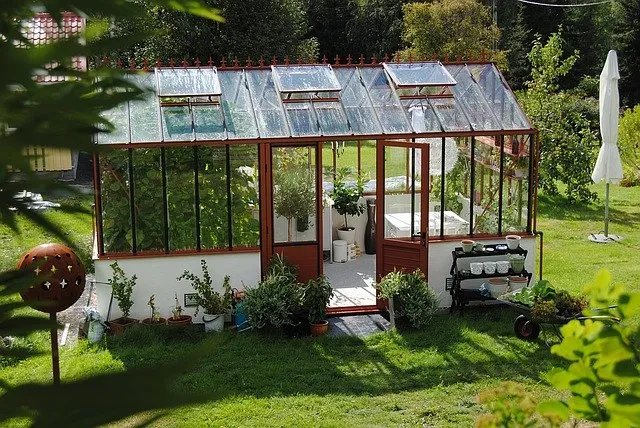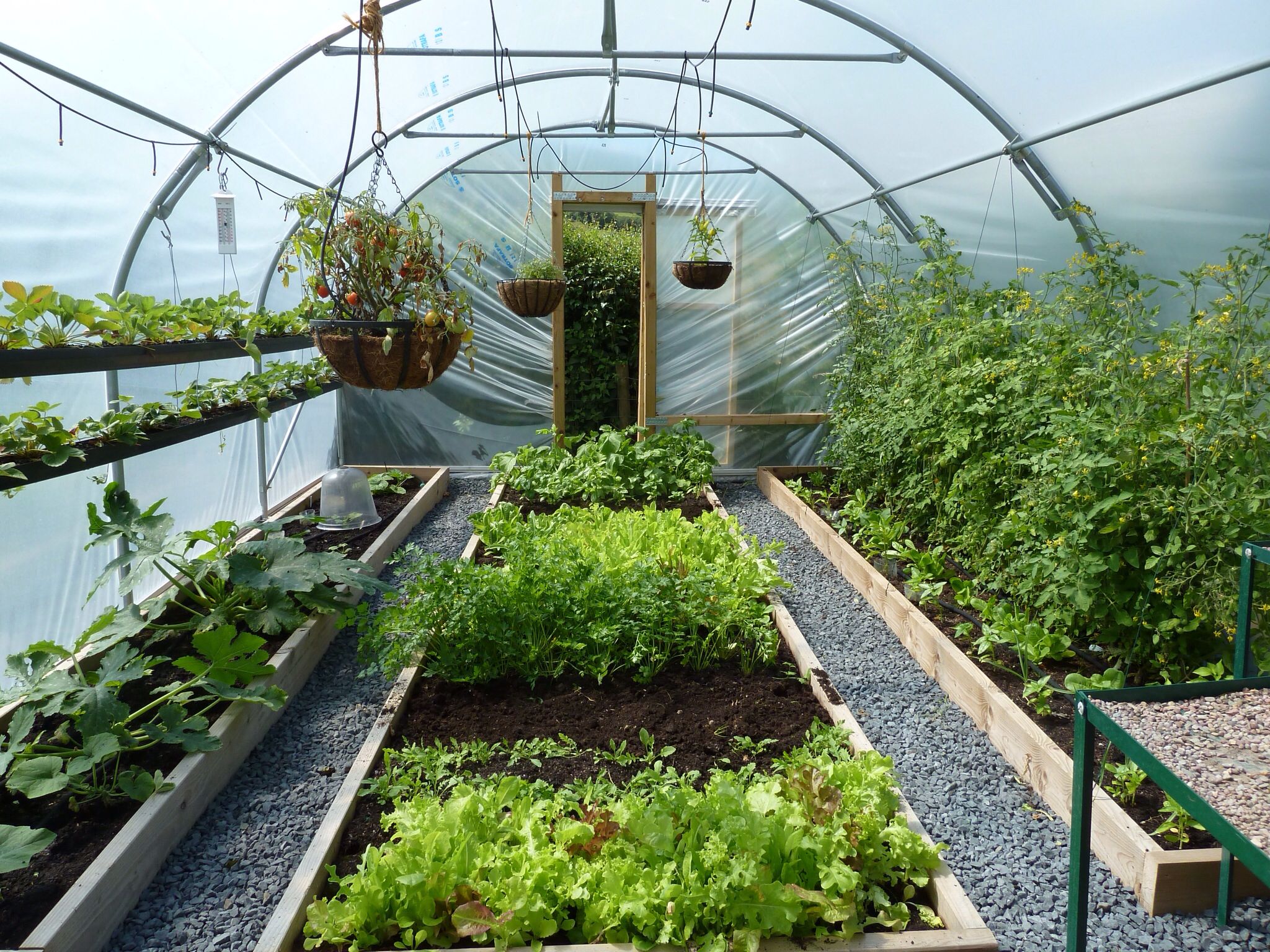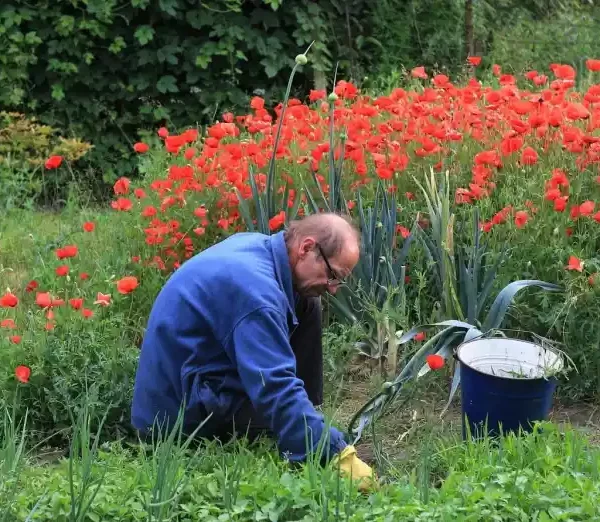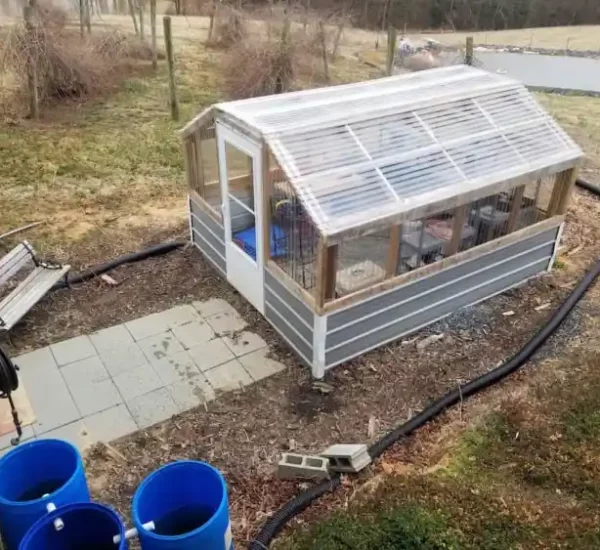Controlled Environment
Greenhouses offer a controlled environment for plants, which can be tailored to meet specific needs. Temperature, humidity, light, and ventilation can all be adjusted to optimize growth. The Royal Horticultural Society notes that this control helps prevent diseases and pests, leading to healthier plants.
Protection from Pests and Predators
By enclosing plants within a greenhouse, gardeners can effectively shield them from pests and predators. This protection reduces the need for chemical pesticides, promoting more organic gardening practices. According to academic research from Cornell University, greenhouses can significantly lower the incidence of pest-related crop damage.
Efficient Use of Water
Greenhouse gardening can be more water-efficient compared to traditional outdoor gardening. Drip irrigation systems and careful monitoring of soil moisture levels can reduce water waste. Studies from the University of California Agriculture and Natural Resources indicate that greenhouses can conserve water while maintaining optimal growing conditions.
Enhanced Plant Growth and Yield
The controlled conditions within a greenhouse often result in enhanced plant growth and higher yields. By optimizing factors like light and temperature, plants can grow faster and produce more fruit. Research from Michigan State University supports the idea that greenhouse-grown plants can outperform their outdoor counterparts.
Versatility in Plant Selection
Greenhouses allow for the cultivation of a wider variety of plants, including those that may not thrive in the local climate. This versatility means gardeners can grow exotic plants, out-of-season vegetables, and delicate flowers. The National Gardening Association emphasizes that greenhouses expand the possibilities for plant enthusiasts.
Improved Seed Germination
Greenhouses provide an ideal environment for seed germination, with stable temperatures and humidity levels. This controlled setting increases germination rates and promotes healthy seedlings. According to the American Society for Horticultural Science, greenhouses are instrumental in the early stages of plant development.
Reduced Environmental Stress
Plants grown in greenhouses are less exposed to environmental stresses such as wind, heavy rain, and temperature fluctuations. This protection leads to sturdier plants and better overall health. The Environmental Protection Agency highlights that reducing environmental stress can improve plant resilience and longevity.
Year-Round Harvest
Greenhouse gardening allows for year-round harvesting, providing a continuous supply of fresh produce. This is particularly beneficial for commercial growers and home gardeners looking to enjoy fresh vegetables throughout the year. The Food and Agriculture Organization (no follow) notes that year-round production can enhance food security and availability.
Space Efficiency
Greenhouses can maximize space efficiency, making them ideal for urban gardening or areas with limited outdoor space. Vertical gardening techniques and tiered planting systems can further enhance space utilization. Studies from the University of Florida IFAS Extension (no follow) suggest that greenhouses can make the most of small plots, increasing overall productivity.
Economic Benefits
For commercial growers, greenhouses can provide significant economic benefits by increasing yield and allowing for the production of high-value crops. The U.S. Economic Research Service reports that greenhouse operations can be highly profitable, especially for niche markets and specialty crops.
Educational Opportunities
Greenhouses serve as excellent educational tools for schools, universities, and community programs. They offer hands-on learning experiences in plant science, ecology, and sustainable agriculture. The National Science Foundation supports greenhouse projects as part of STEM education initiatives.
Aesthetic and Recreational Value
Beyond their practical benefits, greenhouses add aesthetic value to properties and provide a tranquil space for relaxation and enjoyment. The American Horticultural Society highlights the therapeutic aspects of gardening, noting that greenhouses can enhance mental well-being and provide a peaceful retreat.
Conclusion
Greenhouse gardening offers a multitude of benefits, from extending the growing season and protecting plants from pests to improving water efficiency and providing educational opportunities. By leveraging the controlled environment of a greenhouse, gardeners can achieve healthier plants, higher yields, and a more diverse array of crops. Whether for commercial purposes or personal enjoyment, greenhouse gardening is a valuable practice that continues to gain recognition and support from horticultural experts and governmental bodies.
What are the main benefits of greenhouse gardening?
Greenhouse gardening offers several benefits, including extended growing seasons, controlled environments, protection from pests, efficient water use, and higher plant yields.
How does a greenhouse extend the growing season?
Greenhouses provide a controlled environment that shields plants from extreme weather conditions, allowing for year-round cultivation and extended growing seasons.
Why is a controlled environment important in greenhouse gardening?
A controlled environment enables precise regulation of temperature, humidity, light, and ventilation, which optimizes plant growth and reduces the risk of diseases and pests.
How do greenhouses protect plants from pests and predators?
Greenhouses act as a physical barrier, preventing pests and predators from accessing the plants, which reduces the need for chemical pesticides and promotes healthier growth.
Can greenhouse gardening save water?
Yes, greenhouse gardening can be more water-efficient through the use of drip irrigation systems and careful monitoring of soil moisture levels, reducing water waste.
What types of plants can be grown in a greenhouse?
Greenhouses allow for the cultivation of a wide variety of plants, including exotic species, out-of-season vegetables, and delicate flowers that may not thrive in local climates.
How does a greenhouse improve seed germination?
The stable temperatures and humidity levels in a greenhouse create an ideal environment for seed germination, leading to higher germination rates and healthier seedlings.
What are the economic benefits of greenhouse gardening?
Greenhouse gardening can increase yields and allow for the production of high-value crops, which can be highly profitable for commercial growers, especially in niche markets.
How can greenhouses be used for educational purposes?
Greenhouses provide hands-on learning experiences in plant science, ecology, and sustainable agriculture, making them valuable educational tools for schools, universities, and community programs.
Do greenhouses have any recreational or aesthetic value?
Yes, greenhouses add aesthetic value to properties and provide a tranquil space for relaxation and enjoyment, enhancing mental well-being and offering a peaceful retreat.
- Rhode Island’s Favorite THC Infused Beverages - June 5, 2025
- THC Soda and Drink Options in Idaho - May 28, 2025
- Ohio’s Go-To THC Infused Beverages - May 28, 2025





